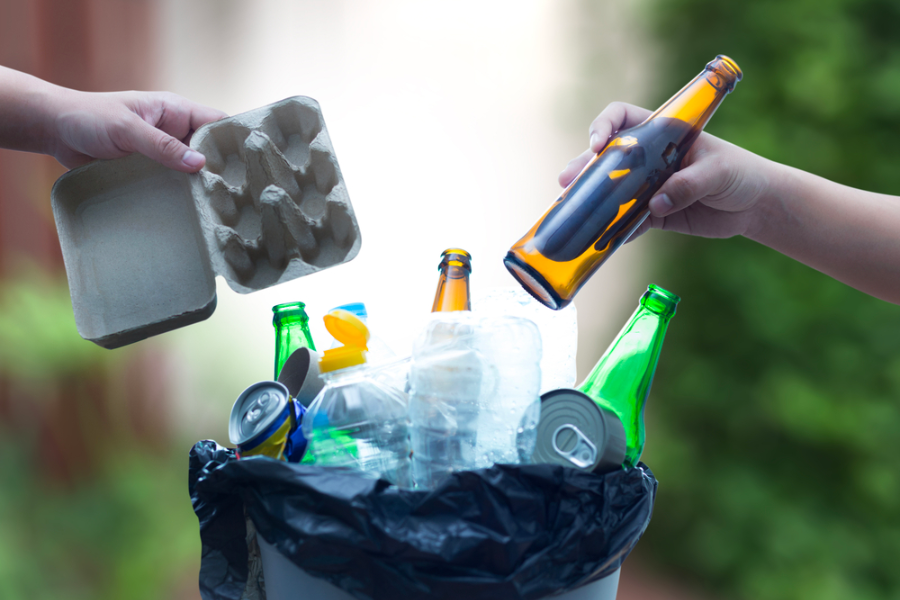The Intrinsic Link Between Sustainability and ESGs
November 2, 2021
Today's guest blog was written by ISRI’s VP of Sustainability, Cheryl T. Coleman. The original post can be read here.
For years, sustainability was synonymous with environment, but the concept of sustainability has evolved to encompass so much more. There was, and remains, a huge emphasis on preserving natural resources, environmental compliance, and safety. Today, though, sustainability is also about having a business culture that:
- Protects the environment;
- Ensures a diverse staff that receive wages that allow them to thrive, and;
- Operates with governing principles starting at the CEO level that include business ethics; cybersecurity; health and safety of employees and surrounding communities; and enterprise risk management including continuous monitoring of all threats and opportunities.
We often see these principles summed up through environmental, social, and governance (ESG) criteria, which are a set of standards for a company’s operations that many investors use to screen potential investments. The three components of ESGs are complementary and represent a company’s responsibility to its employees, investors, and the broader society. Investors are increasingly applying these non-financial factors as part of their analysis process to identify material risks and growth opportunities. Environmental assesses the risk of a company, its suppliers, and partners from climate events, and its impact on the physical environment. Social assesses a company’s relative social impact and associated risk from societal actions, including from its direct and indirect employees, customers, and the communities in which it operates. Governance assesses the timing and quality of decision-making, governance structure, and the distribution of rights and responsibilities across different stakeholder groups.
Regulations are one of the main elements driving companies to make sure their ESG criteria meet today’s standards.. Earlier this year, President Biden issued an Executive Order on climate change. Additionally, regulations and policies related to climate change and emissions reductions are being proposed and/or implemented at the federal, state, and local government levels.
Recycling is currently on aggressive regulatory agendas of many local, state, and federal policy makers, as well as stakeholders. Investors, customers, and consumers are also concerned about emissions as well as other issues including recycling; safety; and diversity, equity, and inclusion (DEI). The data related to these factors, including whether companies are making this information publicly available, is being analyzed by interested stakeholders. Instead of waiting on the federal government to mandate that this information be available publicly, many stakeholders are now asking for it. Many indicators suggest federal requirements for making data on these factors public are coming, and it’s likely that stakeholder demands will continue to increase. These demands will affect our industry and it is important that we demonstrate that the recycling industry is essential to manufacturing, a circular and robust economy, as well as thriving communities.
For more information on sustainability and ESGs, view the Sustainability: Benefits for Your Company and the Industry webinar, which is currently available to watch on demand for ISRI members.
Disclaimer: Guest blogs represent the opinion of the writers and may not reflect the policy or position of the Northeast Recycling Council, Inc.
Share Post





